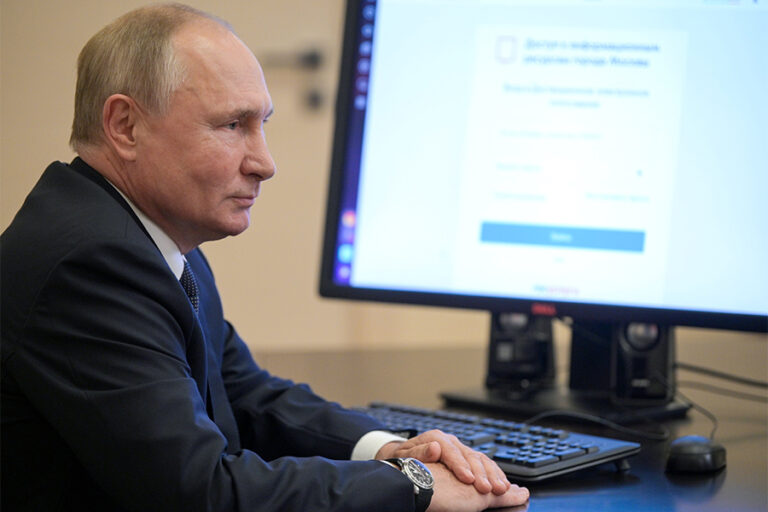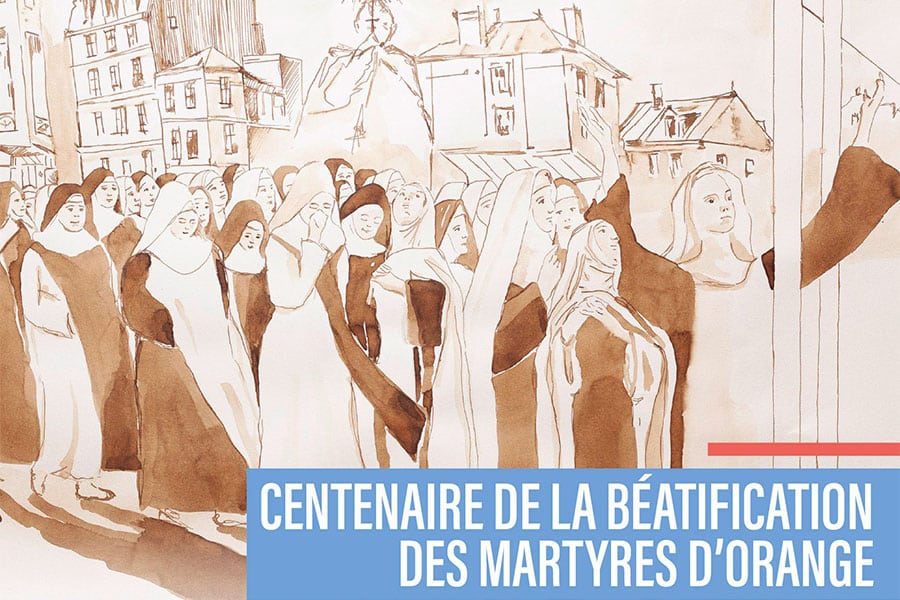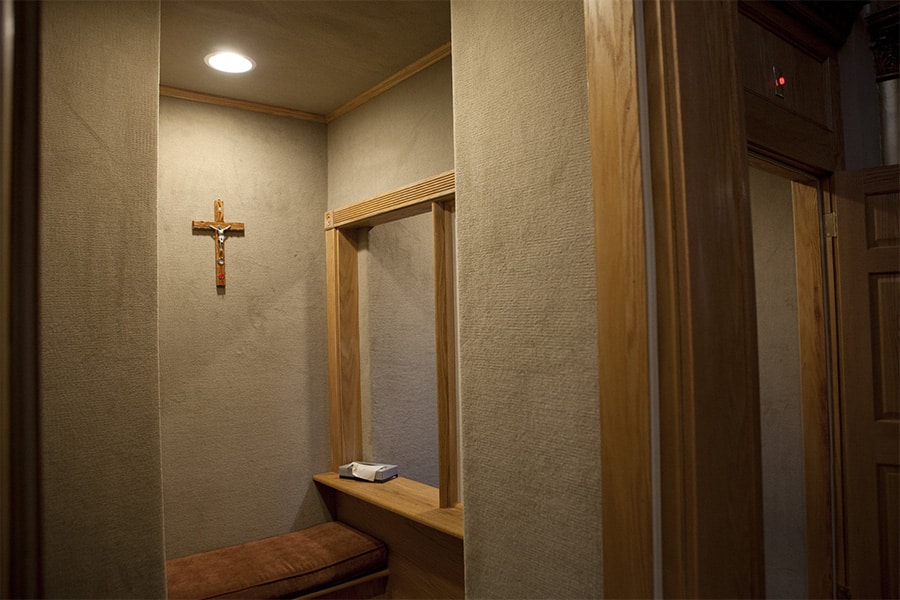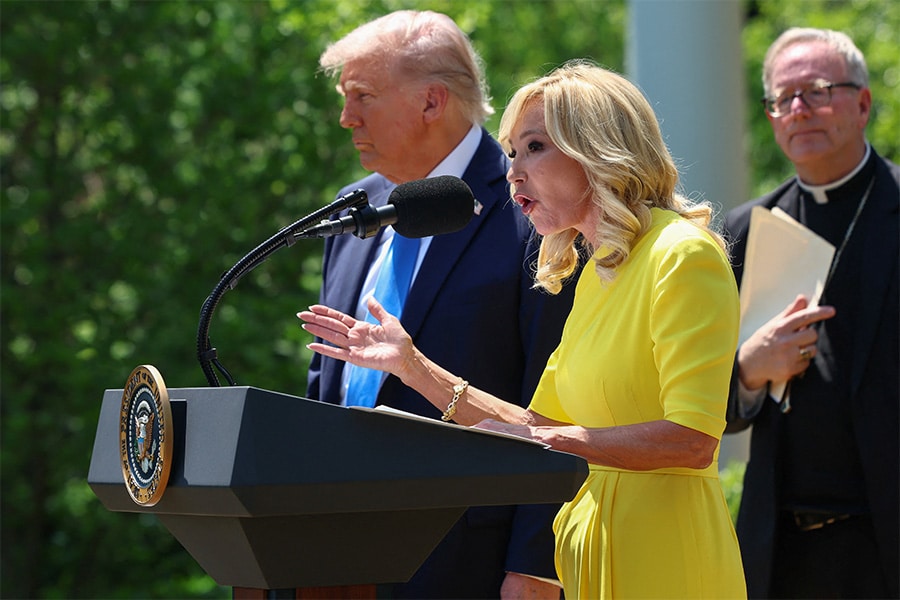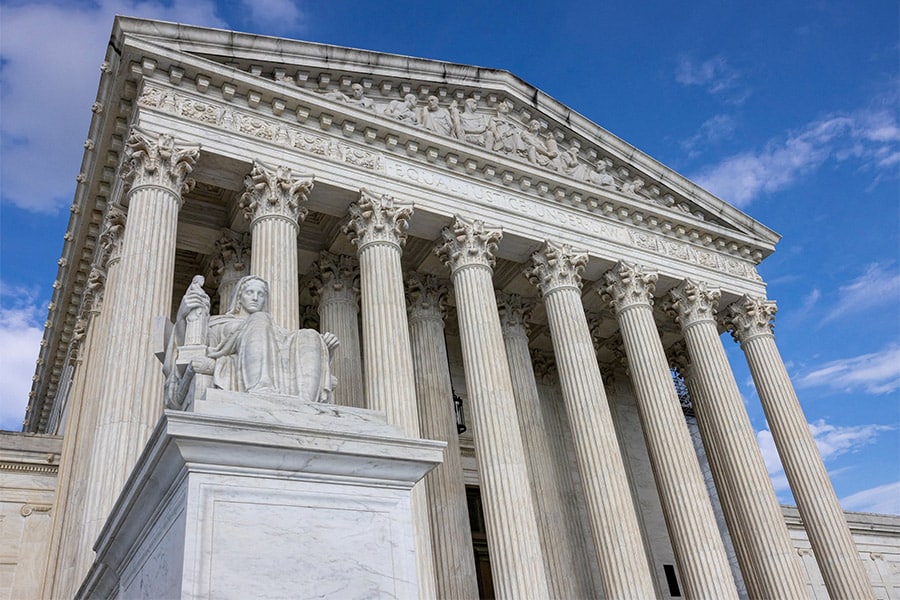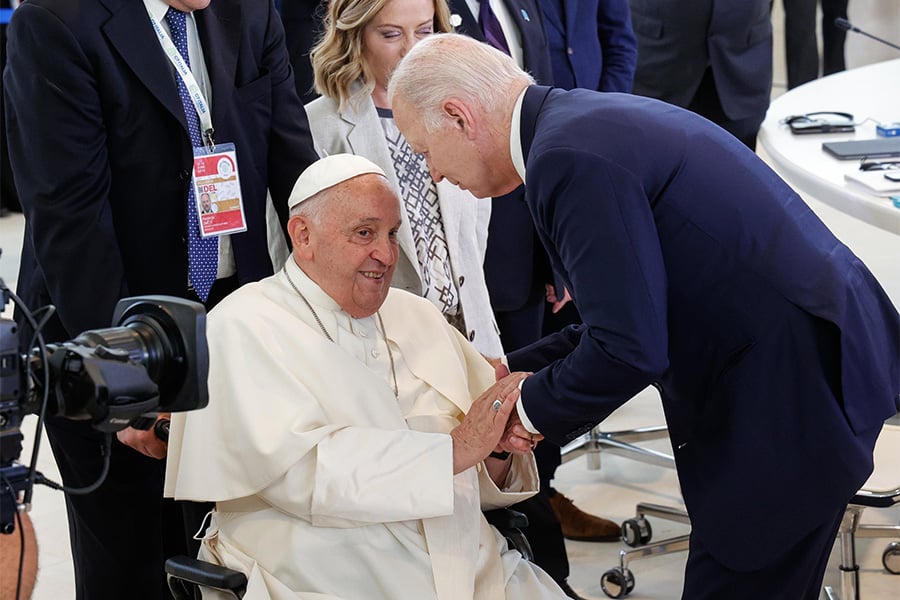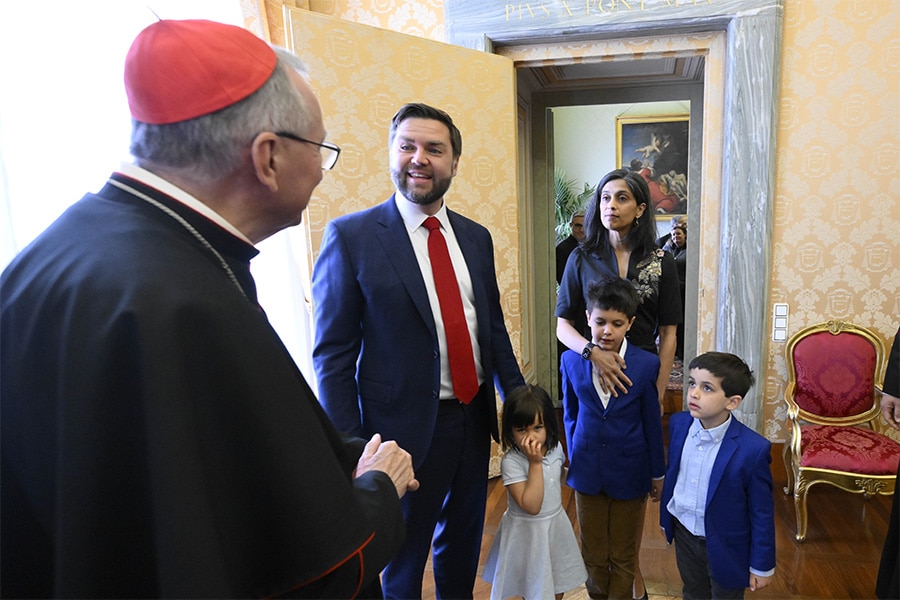Amid its war on Ukraine, Russia continues to block a number of external religious websites, social media accounts and apps from several countries, preventing believers of various faiths from accessing information and engaging in dialogue, according to a human rights watch group.
Forum 18 — a news service that partners with the Norwegian Helsinki Committee in defending freedom of religion, thought and conscience — posted an updated list of affected sites Oct. 4.
“I think it illustrates the Russian authorities’ … obsessions, if you like, in blocking what they call extremist content,” Felix Corley, Forum 18 editor and researcher, told OSV News, noting that the bans are also operative in Russian-occupied areas of Ukraine.
Among the outlets that can no longer be accessed in Russia is the Belarusian website Katolik.Life, a private, voluntary initiative by an unnamed individual depicting current and historical Catholic life in that nation.
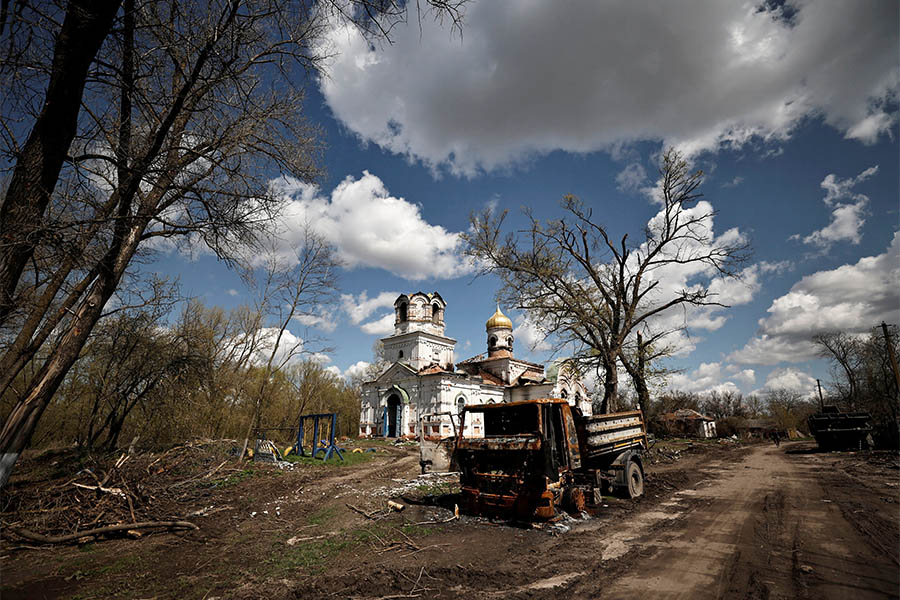
Forum 18 said in its report that while the exact start date of the blockage was unknown, “some users in Russia have reported being unable to access it since June 2024.” Several users in Moscow told Forum 18 the site fails to load, and recent analytics show that visits have shifted from Russian to Norwegian IP addresses, suggesting that visitors are using VPNs to access the site.
Katolik.Life — which said it had averaged more than 1,000 visitors per day — reported in a July 15 post that it had also been blocked within Belarus itself due to “a decision by the Ministry of Information.
“The reasons have not been officially reported, but they are obvious to us — we talk not only about the positive, but also about the closed Red Church (the Church of SS. Simon and Helen in Minsk, closed by the Belarusian government in October 2022), about the arrests of priests (by Belarusian officials for unexplained reasons), about how believers are experiencing the war,” said the site’s author in the post. “After all, this, unfortunately, has also become a part of ‘Catholic life’ for many.”
Though technically an independent country, Belarus under the three-decade tenure of Alexander Lukashenko has become a mirror image of Moscow, with dissent effectively silenced. Russia and Belarus signed a Union State agreement in 1999, and Belarus was a launchpad for Russia’s full-scale invasion of Ukraine, which was declared a genocide in two joint reports from the New Lines Institute and the Raoul Wallenberg Center for Human Rights. Belarusian officials and civilians have colluded with Russia to abduct at least 2,442 Ukrainian children, housing them in reeducation camps in Belarus, in violation of international law.
Also blocked by Russia since March 2022 is the site for the Religious Information Service of Ukraine, or RISU, which was founded by the Institute of Religion and Society of the Ukrainian Catholic University.
Corley told OSV News that RISU “produces reports, news items, comments and so on in a very neutral way, (so that) one can read it and either agree or not agree with the publications. It’s not a site that encourages or incites anyone.”
Forum 18 found that Russia’s ban extends to sites “related to Jehovah’s Witnesses … Muslim sites related to theologian Said Nursi (blocked as “extremist”); a website supporting LGBT+ people in religious communities; religious sites criticizing Russia’s war against Ukraine, including Christians Against War, and Christianity Today,” as well as “Ukrainian religious sites … social media sites of those opposing the war on religious grounds … and news and NGO sites which include coverage of freedom of religion or belief violations.”
Through the online access tool GlobalCheck, OSV News has confirmed that at present its website is apparently still able to be accessed within Russia.
Corley told OSV News that in some cases it can be “very difficult to work out” the exact process by which a given site is banned by Russia.
The Russian state agency Roskomnadzor — established in 2008 to oversee telecommunications licensing and mass media supervision — was mandated in 2012 to publish a website blacklist, known as the “Unified Registry,” listing prohibited sites.
Previously, Roskomnadzor would “indicate which government agency has ordered a block, whether it’s a court, whether it’s a general prosecutor’s office or another government agency,” said Corley. “But quite often these days they don’t indicate which (agency). It just says that the state body is not identified, so you just don’t know who has actually ordered the block.”
Roskomnadzor has not responded to Forum 18’s request for comment, said Corley, adding that “there is a certain chaos within the (Russian) regime” regarding its prioritization of banning sites.
“We just don’t know,” he said. “They don’t explain themselves. They don’t see why they should explain themselves.”
Yet the results of the bans are evident — and damaging, said Corley.
“It really hampers people’s possibilities to find out about their faith and other people’s faith, and to have a free exchange of ideas in the area of religion,” he said. “All these human rights are very interlinked, and part of freedom of religion or belief is being able to discuss your faith, being able to discuss other people’s faith, and to find out about news in the area of religion.”
Katolik.Life stated in its July post the ban will not impact the site’s operations, and urged readers to use a workaround to access the site’s content.
“The author pays for the site’s maintenance costs from his personal funds. All content is created by only one person in his free time and perceives it as a service to God and people,” said the post. “We will continue to do this in the future. You can read our publications using VPN services installed on your smartphone. … Using VPN in Belarus is not prohibited. On your computer, you can easily install any VPN plugin in your browser (via Google search).”
For those who cannot sidestep the blockage, Katolik.Life will “provide the maximum amount of information on important topics in posts in our Telegram and in Catholic (publications),” the post stated.
“We entrust ourselves, you, the entire Church, our beloved Belarus and all those who suffer unjustly in it to the Almighty Loving God,” said the author of Katolik.Life.
Read More Religious Freedom
Copyright © 2024 OSV News

